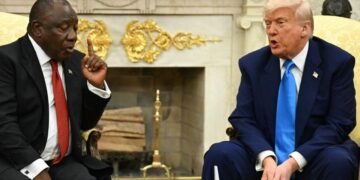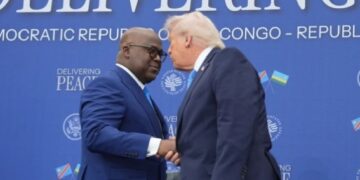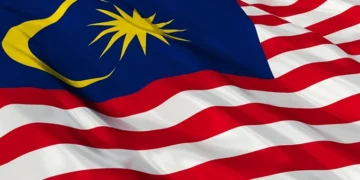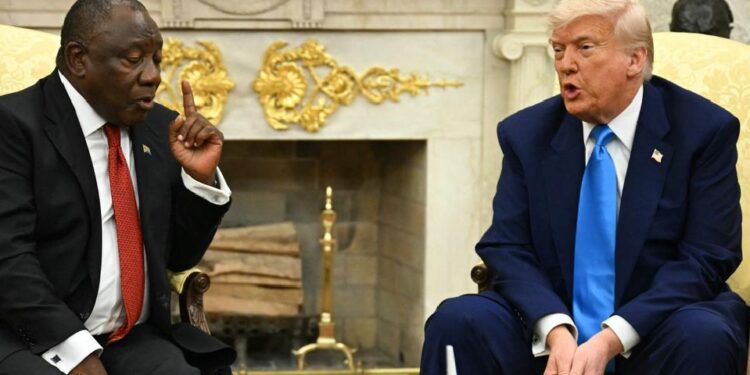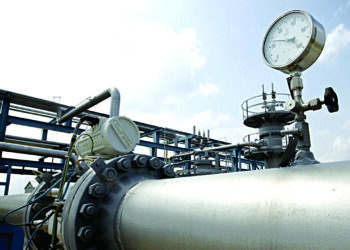By Enyichukwu Enemanna
After a failed last-minute rush to offer United States a new trade proposal, South Africa has been slammed with 30% tariff hike, which takes effect from August 7, President Donald Trump has announced.
Similarly, products exported to the US from Nigeria, Ghana, Lesotho and Zimbabwe will attract 15% tariff, also taking effect seven days from today.
South Africa faces the highest rate in sub-Saharan Africa, arising from its strained relations with the US government under Trump.
Analysts say the decision is a huge blow to South Africa, which is the US second-biggest trading partner after China.
In North Africa, exports from Algeria and Libya will now also incur a 30% tariff at the US border. Tunisian goods face a 25% rate.
Goods from Kenya and Ethiopia, on the other hand, will be charged at the lower 10% rate.
Trump argues that introducing tariffs will protect American businesses from foreign competition and also boost domestic manufacturing and jobs.
South Africa’s automobile, farming and textile sectors had enjoyed duty-free access to the US market under the African Growth and Opportunity Act (AGOA), which was enacted in 2000 to help countries on the continent create jobs and grow their economies.
With Trump’s latest announcement, the fate of AGOA, which was officially scheduled for review in September hangs in balance.
Ahead of Trump’s 1 August deadline, South Africa had made efforts to reach a trade deal with the US, which included buying US liquefied natural gas, simplifying rules for US poultry imports and investing $3.3bn (£2.5bn) in US industries like mining, a report from Reuters news agency says.
Reacting to the news of the 30% tariff, Ramaphosa said his administration would “continue negotiating with the US” and had “submitted a framework deal” to its US counterpart.
“In the meantime, government is finalising a package to support companies that are vulnerable to the reciprocal tariffs.”
The government also noted that there were exceptions for certain goods, such as copper, pharmaceuticals, semiconductors, some critical minerals, stainless steel scrap and energy products.
US-South Africa relations have hit rock-bottom since Trump took office in January.
The US President has stopped all aid to South Africa, accusing it of discriminating against its white minority. South Africa has repeatedly denied this.
Ramaphosa held talks with Trump in May in a bid to mend relations, but this failed to make any headway.
